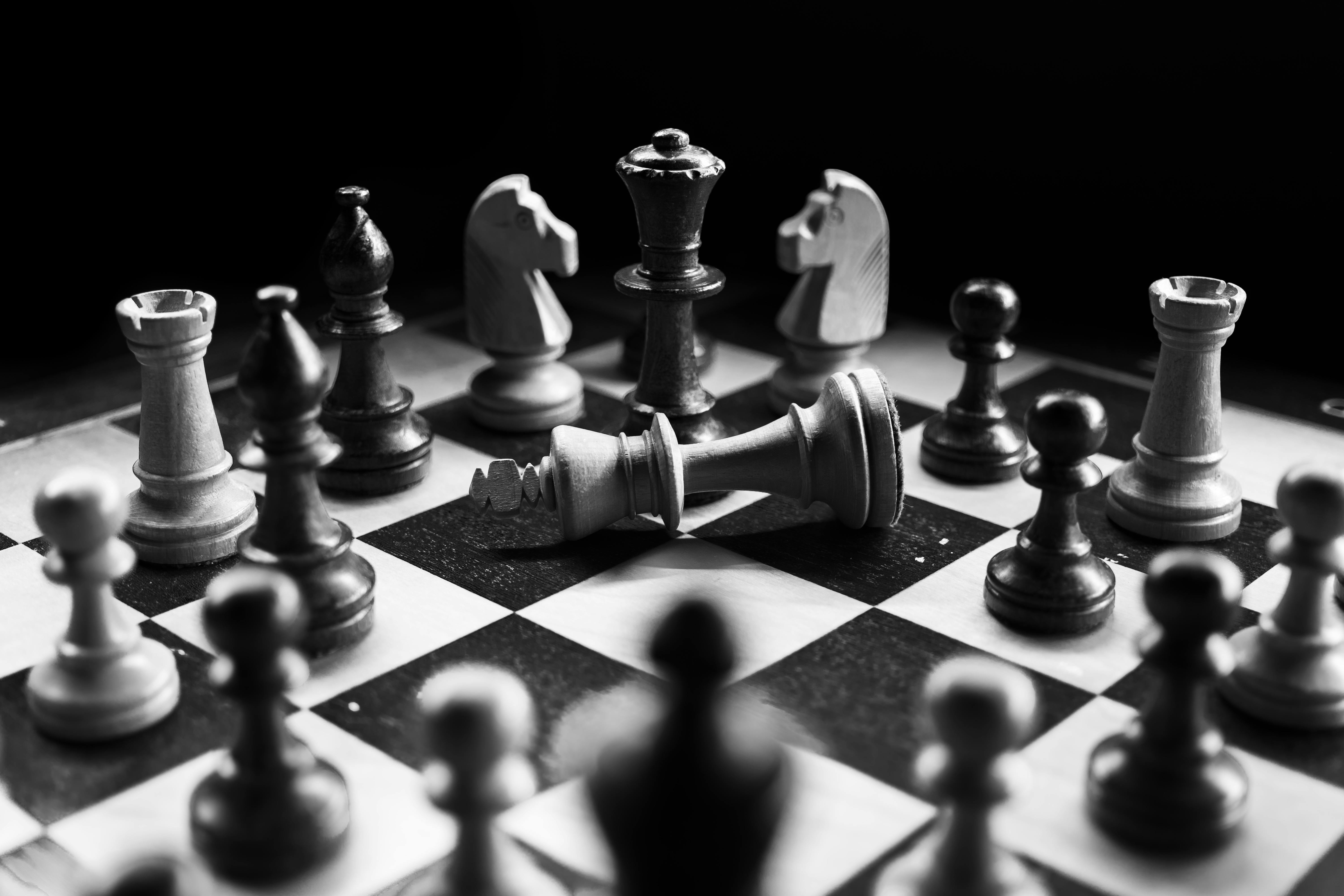The Surprising Impact of Chess on Athletic Performance
From the untrained eye, the world of chess and athletic performance may seem worlds apart. However, as our understanding of mental strength and strategy in sports continues to evolve, the connections between these two disciplines become increasingly clear. This article delves into the surprising ways chess can enhance athletic performance, providing a unique perspective on sports preparation and mental fitness.

The Game of Kings: A Brief History of Chess
Chess, referred to as the ‘Game of Kings,’ has a rich history dating back over 1500 years. Originating in India, it spread through Persia and the Islamic empire, eventually reaching Europe and evolving into the game we recognize today. Recognized for its strategic depth and mental challenge, chess has always been more than just a game. It is a battle of wits, where players must anticipate their opponent’s moves, develop a robust strategy, and adapt to unexpected situations.
Chess and Sports: An Unlikely Connection
The mental demands of chess make it a fitting tool for athletes seeking to elevate their performance. Athletes, much like chess players, need to anticipate their opponent’s moves, make quick decisions under pressure, and continuously adapt their strategies. By training with chess, athletes can enhance these cognitive skills, thereby improving their performance on the field or court.
Enhancing Mental Strength and Strategy Through Chess
The benefits of incorporating chess into an athlete’s training regimen are manifold. Chess trains concentration, patience, and decision-making—skills that are directly transferable to any sport. A chess game requires players to focus intensely for an extended period, a mental endurance that can be beneficial during long matches or games.
The Challenges of Implementing Chess Training in Athletics
Despite its apparent benefits, integrating chess into athletic training is not without challenges. The biggest hurdle is the perception of chess as a sedentary, mentally-focused game, a stark contrast to the physical nature of most sports. Overcoming this mindset demands a broader understanding of sports preparation, acknowledging the role of mental fitness alongside physical training.
Real-world Applications: Chess in Sports Training
Several sports teams and athletes have started to recognize the value of chess as part of their training. NFL teams, such as the Philadelphia Eagles, have incorporated chess into their training regimes to improve decision-making and strategic thinking. Likewise, tennis players have used chess to enhance their tactical planning on the court.
In conclusion, the world of chess offers untapped potential to enhance athletic performance. By incorporating chess into their training, athletes can improve their mental strength, strategy, and decision-making skills, providing them with a competitive edge in their respective sports. While implementing such a strategy may have its challenges, the benefits, as backed by research, are undeniable. As sports science continues to evolve, we may see chess become an integral part of sports training regimes in the future.




